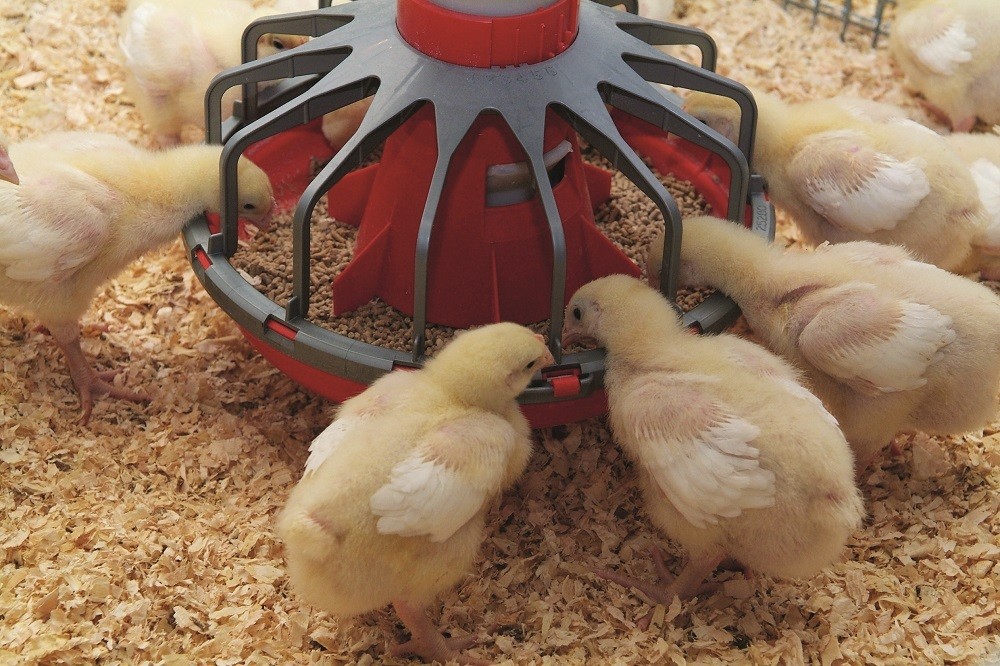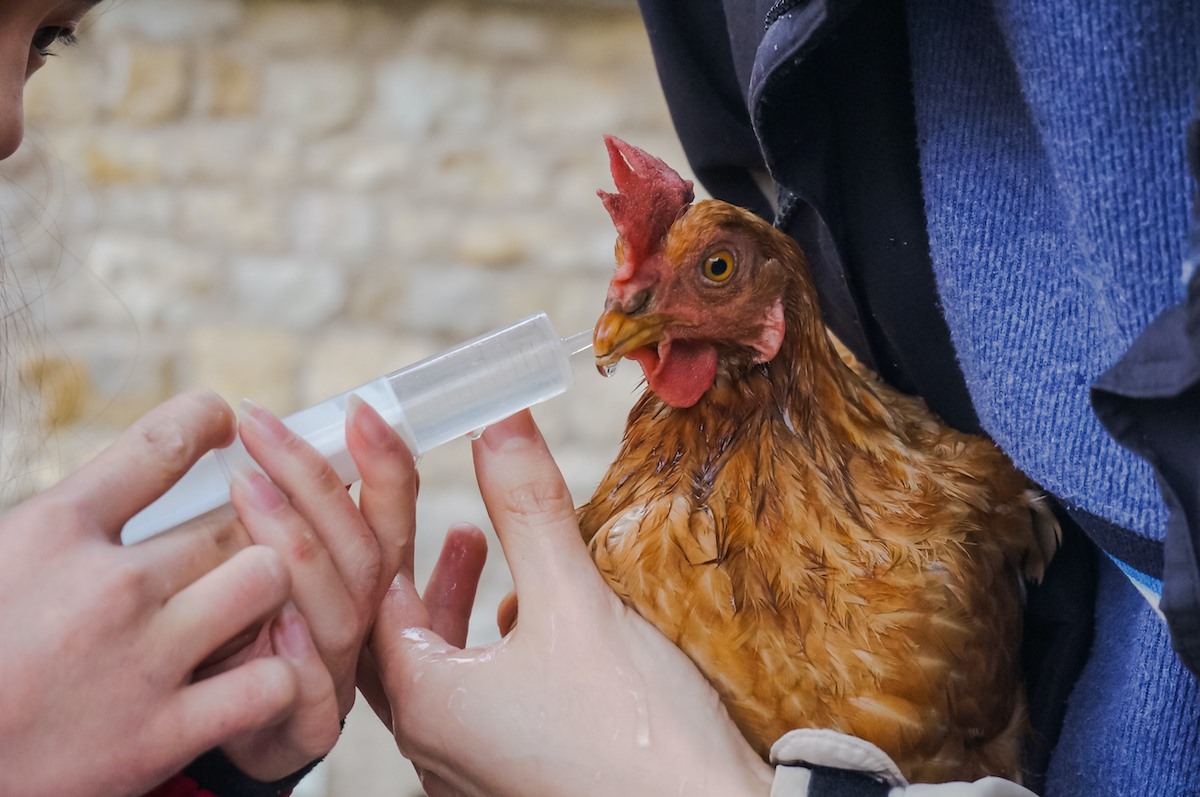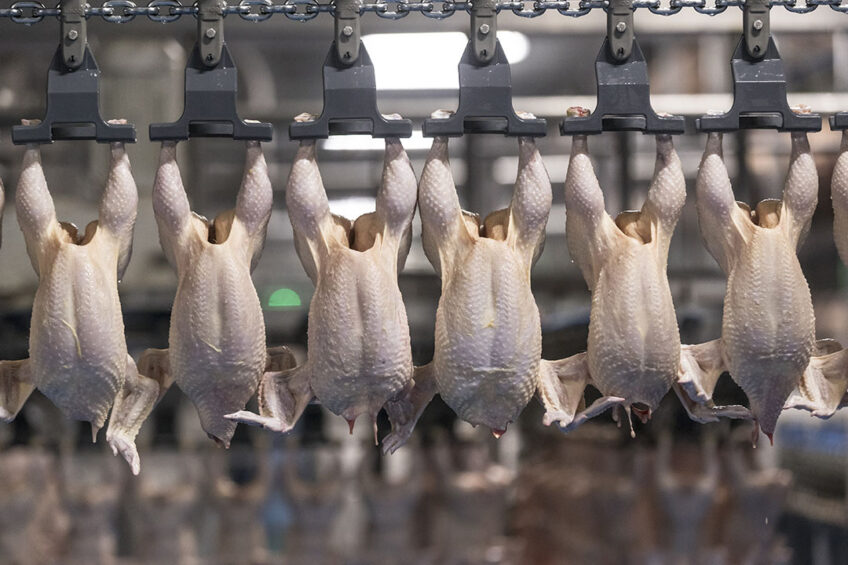Raising birds for meat is a rewarding endeavor that can provide high-quality poultry products for personal consumption or commercial purposes. Whether you are a novice or an experienced farmer, understanding the essentials of bird husbandry, including breed selection, nutrition, and management practices, is crucial for success. This comprehensive guide will explore these key aspects, helping you optimize your efforts and ensure healthy, productive birds.
Selecting the Right Breed for Meat Production
Popular Breeds of Birds Raised for Meat
Choosing the right breed is fundamental to successful meat production. Certain breeds are known for their rapid growth rates and high meat yields. Popular breeds include the Cornish Cross, which is renowned for its quick growth and tender meat, and the Freedom Ranger, which is valued for its robust health and flavorful meat. Each breed has its own unique characteristics, and selecting the right one depends on your specific goals and resources.
Considerations for Small Poultry Operations
For small poultry operations, it is important to consider breeds that are well-suited to your climate and available space. Smaller breeds like the Red Ranger are often preferred for their resilience and adaptability to various farming conditions. Additionally, smaller birds may require less feed and space, making them ideal for smaller farms.
Nutrition and Feeding Practices

Balanced Diet for Optimal Growth
Providing a balanced diet is crucial for the healthy growth and development of birds raised for meat. A diet rich in proteins, vitamins, and minerals will ensure that your birds reach their full growth potential. Commercially available feeds are often formulated to meet these nutritional needs, but many farmers also supplement with grains, vegetables, and other natural food sources.
Feeding Schedule and Techniques
Establishing a consistent feeding schedule is essential for maintaining healthy birds. Most poultry farmers recommend feeding birds multiple times a day to ensure they receive adequate nutrition. It is also important to provide fresh, clean water at all times to promote proper hydration and digestion.
Housing and Environment
Creating a Safe and Comfortable Environment
The housing environment plays a significant role in the health and productivity of farm fowls. Proper ventilation, temperature control, and cleanliness are essential factors to consider. Birds should be housed in a space that protects them from predators and harsh weather conditions while allowing for adequate movement and natural behaviors.
Space Requirements for Different Bird Sizes
Different breeds have varying space requirements, and it is important to provide enough room for each bird to move freely. Overcrowding can lead to stress, disease, and poor growth rates. As a general rule, each bird should have at least 1-2 square feet of space, though larger breeds may require more.
Health and Disease Management

Common Health Issues in Meat Birds
Maintaining the health of your birds is paramount to successful meat production. Common health issues include respiratory infections, parasites, and nutritional deficiencies. Regular health checks and prompt attention to any signs of illness are critical to preventing the spread of disease.
Preventative Measures and Treatments
Implementing preventative measures such as vaccinations, biosecurity practices, and regular cleaning can significantly reduce the risk of disease. If an outbreak occurs, it is important to isolate affected birds and seek veterinary advice for appropriate treatments.
Processing and Marketing

Humane Processing Techniques
Processing birds humanely is not only ethical but also ensures high-quality meat products. It is important to follow industry standards for humane slaughter and processing, including proper handling and sanitation practices. Many farmers choose to process birds on-site to maintain control over the process and ensure quality.
Marketing Your Poultry Products
For those looking to sell their poultry products, effective marketing strategies are essential. Highlighting the quality and freshness of your products, as well as any unique aspects of your farming practices, can attract customers. Engaging with local markets, restaurants, and online platforms can also expand your reach and increase sales.
Conclusion
Raising birds for meat requires careful planning, dedication, and knowledge of best practices. By selecting the right breed, providing proper nutrition, maintaining a healthy environment, and implementing effective health management strategies, you can achieve successful meat production. Whether you are raising a small flock for personal use or operating a larger poultry farm, these essential tips and techniques will help you produce high-quality, nutritious meat for your table or marketplace.

